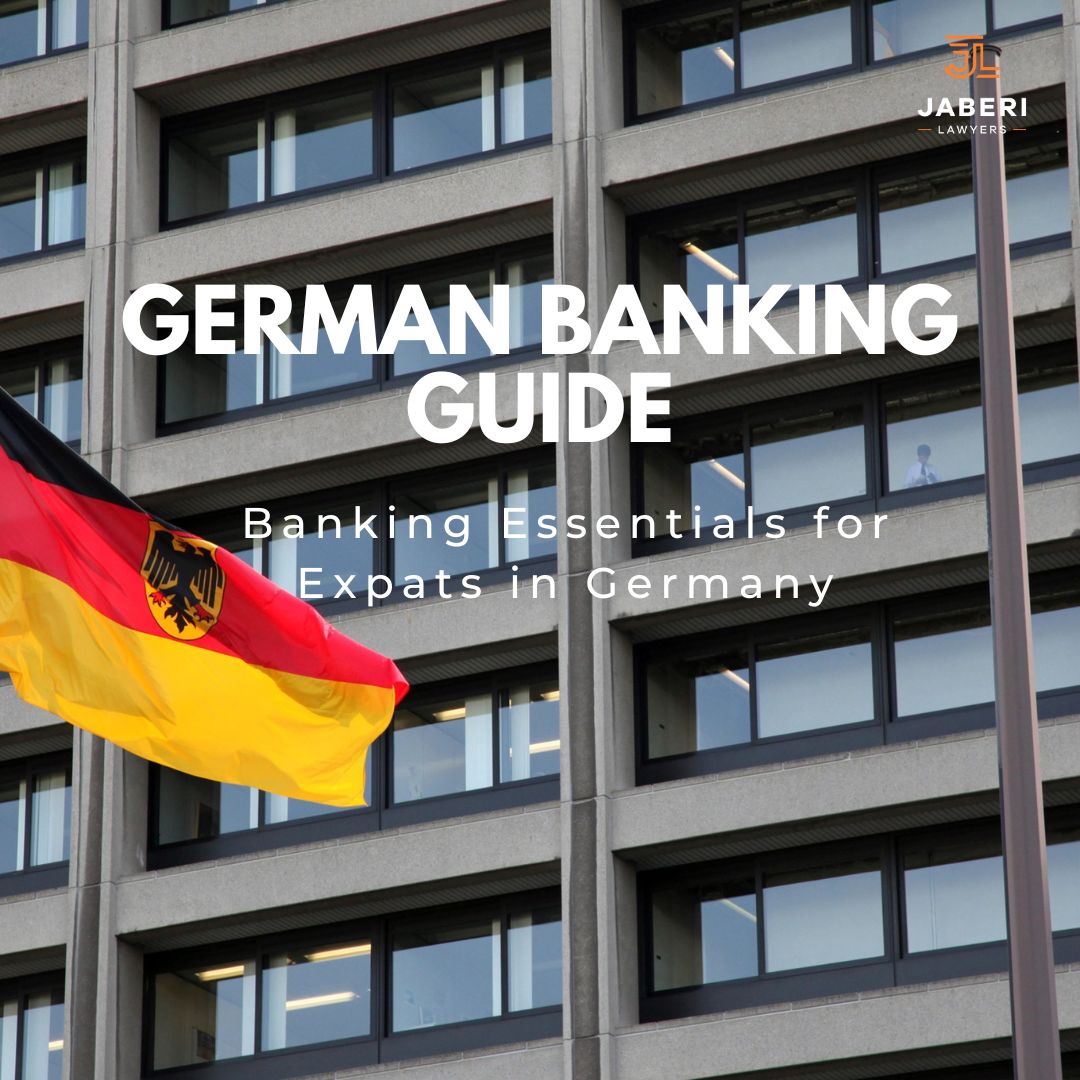Navigating Banking as an Expat in Germany: A Comprehensive Guide
13 May, 2024

Are you an expat planning to move to Germany? One of the essential steps in setting up your new life is opening a German bank account. Whether it’s for receiving your salary, renting an apartment, transferring money abroad, or even securing health insurance, having a local bank account is indispensable. But with so many options available, navigating the German banking system can be daunting. Don’t worry; we’ve got you covered with this comprehensive guide to banking as an expat in Germany.
Understanding the Banking Landscape:
Germany boasts an extensive banking sector, offering a wide array of services tailored to different needs. Here’s a brief overview of the types of banks you’ll encounter:
1. Private Banks: These nationwide institutions provide a range of services, including wealth management, investment banking, and everyday banking.
2. Direct & Mobile Banks: With the rise of online banking, these banks offer digital-only services, often with lower fees and English customer support.
3. Public Savings Banks and Cooperative Banking Associations: Operating locally, these banks focus on small and medium-sized businesses, with a strong presence, especially in rural areas.
Top Banks to Consider:
When it comes to choosing a bank, several names stand out in the German banking scene:
– Private Banks: Deutsche Bank, Commerzbank, ING, Targobank, and Postbank.
– Direct & Mobile Banks: Bunq, N26, and Tomorrow.
– Public Banks: Sparkasse and Volksbank.
Each bank has its own set of features, fees, and services, so it’s essential to research and find the one that best suits your needs.
Opening Your Bank Account:
Opening a German bank account can be done either in person or online. Here’s what you’ll need:
1. *Documentation:* Bring along your valid identification (passport or ID card), certificate of registration, and visa/residence permit if applicable. Some banks may require proof of income.
2. *Process:* Schedule an appointment online or visit a branch. Alternatively, many banks now offer online account opening, with identity verification via video chat or the Postident process.
Navigating Online Banking:
Most German banks provide internet banking services, allowing you to manage your finances conveniently. Here’s what you need to know:
-Security Measures: Many banks use Transaction Authentication Numbers (TANs) for added security, typically sent via SMS or generated by an app.
– Online Payment Options: Services like Giropay and Paydirekt enable secure online payments using your debit card.
Business Banking for Entrepreneurs:
If you’re starting a business in Germany, you’ll need a separate business account. Banks like Qonto and Finom offer accounts tailored to entrepreneurs’ needs, requiring similar documentation to personal accounts.
Understanding SEPA and IBAN:
– SEPA: The Single Euro Payments Area simplifies euro transfers across Europe, making cross-border payments more efficient.
– IBAN: Your International Bank Account Number uniquely identifies your account and is used for international transactions.
Exploring Offshore Banking:
For those interested in offshore banking, major German banks like Commerzbank and Deutsche Bank offer such services, catering to specific needs and requirements.
In conclusion, opening a German bank account is a crucial step in establishing yourself as an expat in Germany. With a myriad of options available, take the time to research and choose the bank that aligns with your financial goals and preferences. Whether you opt for a traditional branch-based bank or embrace the convenience of online banking, rest assured that Germany’s robust banking sector has you covered.
Related Blogs

22 June, 2025
Hiring Foreign Talent in Germany: What Employers Must Know in 2025
As Germany continues to face skilled labor shortages across critical sectors, the need for international profe......

10 June, 2025
Germany’s New “Work-and-Stay” Digital Agency: What You Need to Know in 2025
Germany's Next Leap in Immigration: A One-Stop Digital Solution Germany is rolling out an ambitious new digital platform ai......

27 May, 2025
Visa Reforms 2025: What the Abolition of the Remonstration Procedure Means for Applicants Worldwide
Presented by Jaberi Lawyers – Where Immigration Meets Expertise As of July 1, 2025, a major procedural shift will reshape h......

